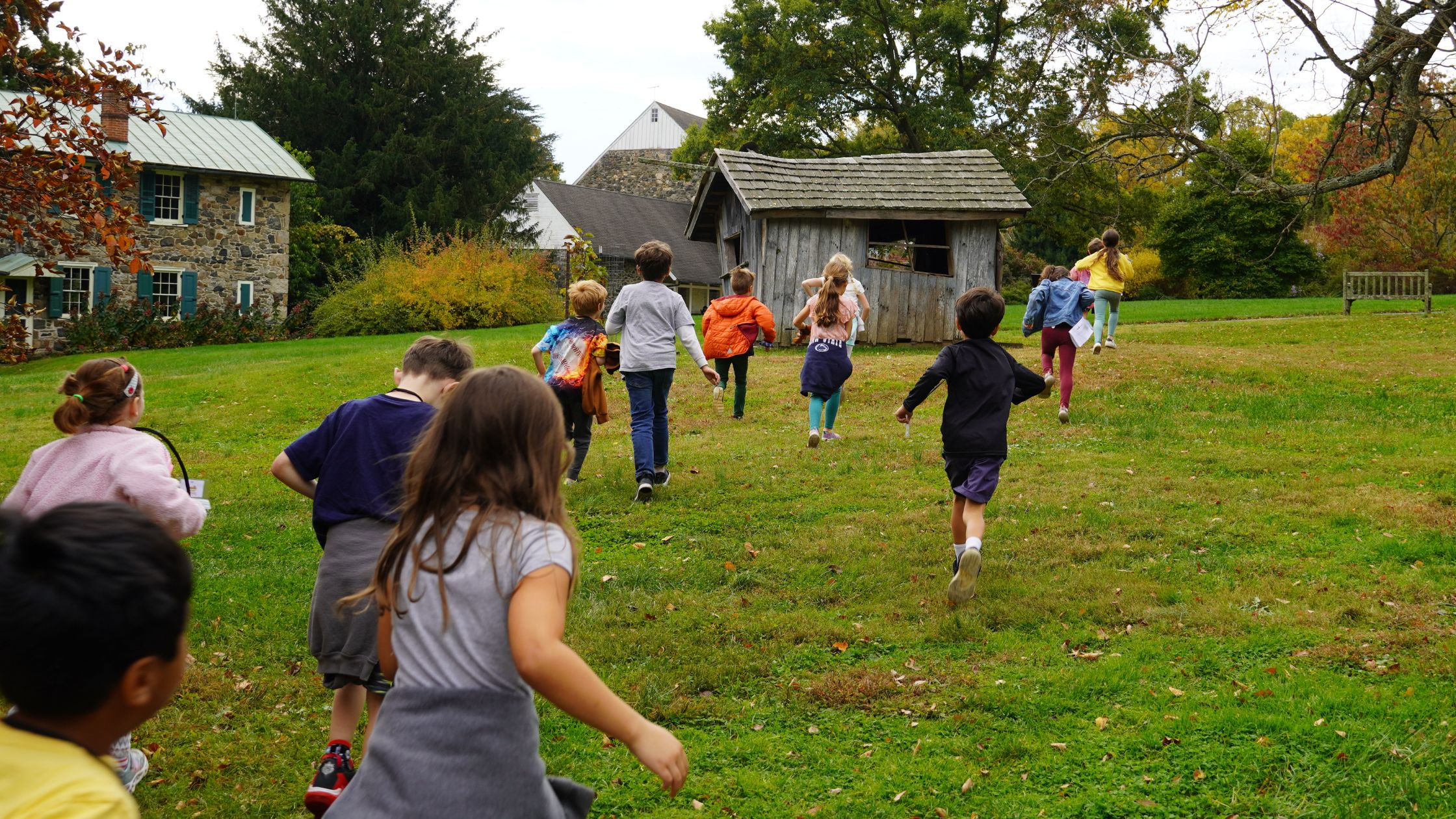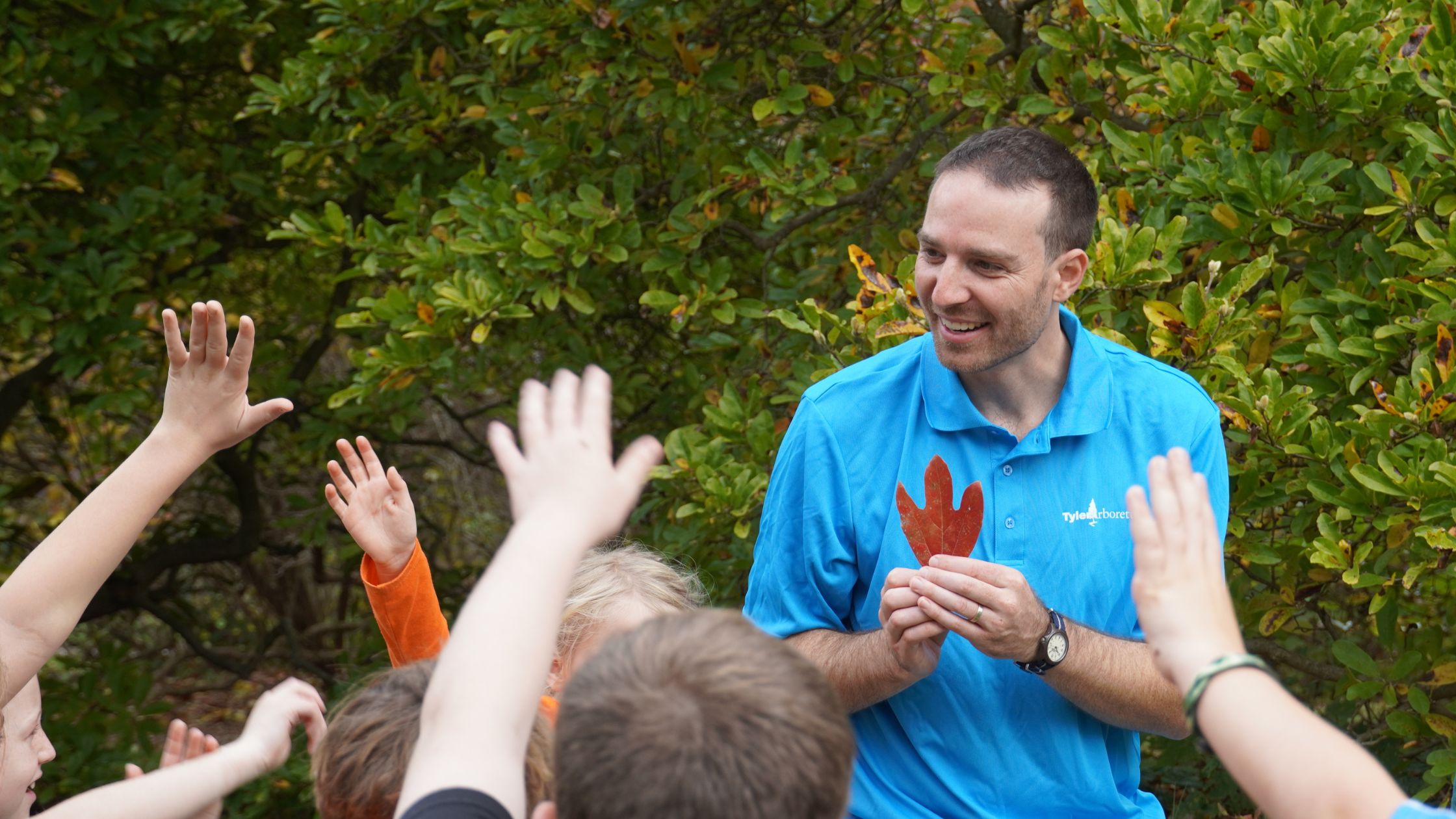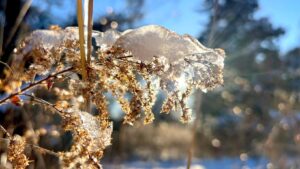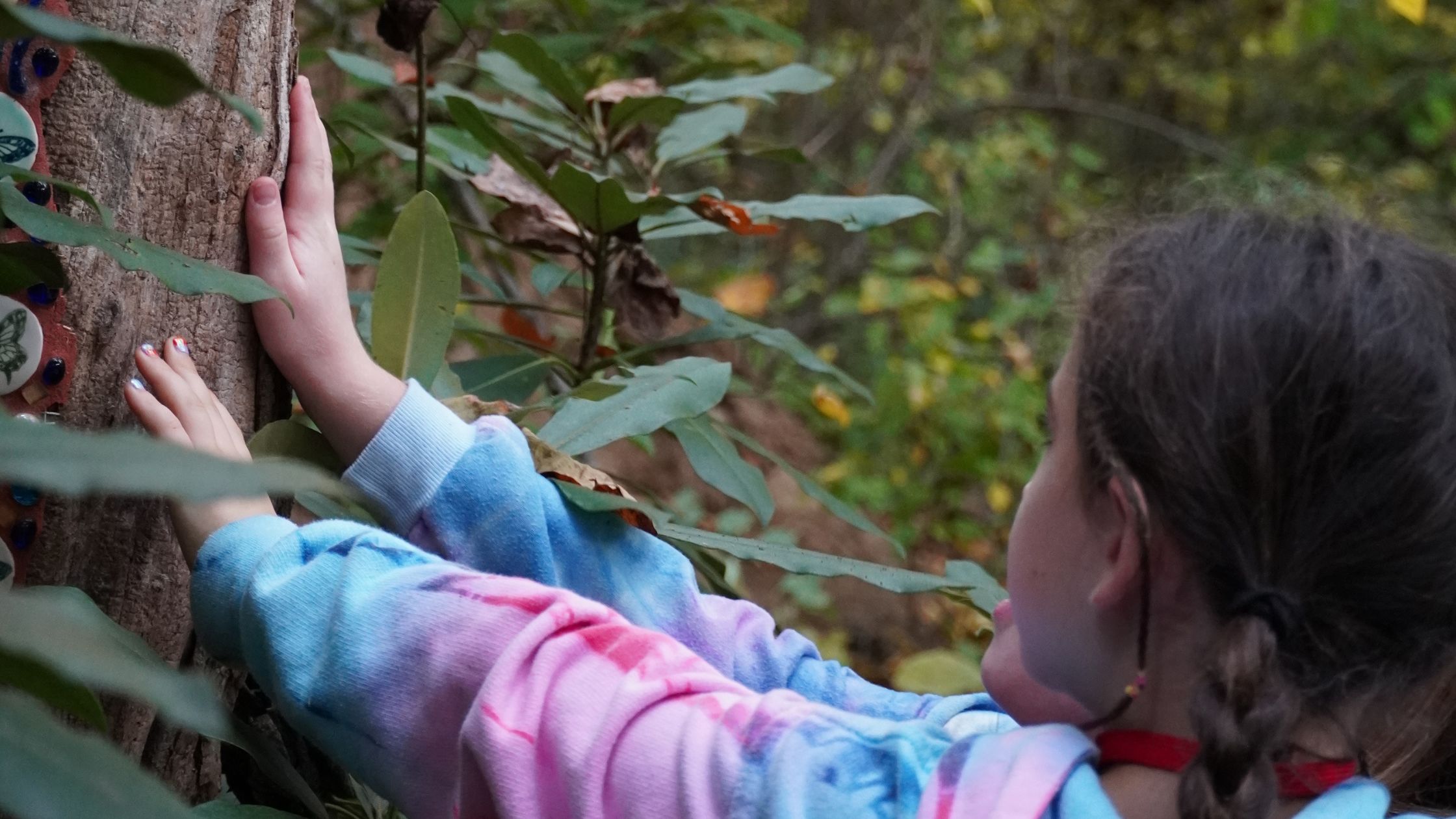School Field Trips
Guided Field Trips at Tyler Arboretum provide students with more than just a fun day out of the classroom; we create inclusive learning experiences where students make meaningful connections with the natural world.
Our experienced naturalist guides deliver engaging, age-appropriate curricula while following the interests and questions of the group on the day. Hands-on activities and take-home projects tie directly into the lessons to provide a richer engagement with nature.
Tyler Arboretum’s Guided Field Trips are responsive to the changing seasons, the conditions of the day, and the needs of the group, so they are never the same twice.
General Info:
Who: Pre-K through 5th grade students. Max group size 105 students. Minimum charge is for 10 students.
When: Tuesday (starting 3/4/25), Wednesday, and Thursday mornings, 10:00 am-11:30 am, throughout most weeks of the academic year. Reserving the picnic area for lunch and staying for self-guided exploration time after the trip are both optional add-ons.
What: Smell the spring flowers, marvel at the autumn leaves, or learn how Tyler’s living things survive through winter. Our experienced naturalists will create a unique, seasonal trip to highlight the wonders of the Arboretum at every time of year.
All field trips include age-appropriate, hands-on activities, immersive nature experiences, emergent curricula, and a lot of fun. All field trips support the following PA Academic Standards: 3.1, 3.2, 3.3, 4.6, 4.7. See below for more details on how our field trips may adapt to the changing seasons.


Field Trips Options:
Standard Field Trip – $12/participant
- Includes: One free Child Admission coupon for every field trip participant, valid for future admissions
Add-Ons:
- Picnic area reservation: $20
- Stay all day! All-day admission: $2 per paying participant
Field Trip PLUS – $22/participant
- Includes: One free Family Pass for every field trip participant, valid for future admissions.
- Free picnic area reservation.
- Stay all day! Includes all-day admission on the day of your field trip.
Public and public charter schools may be eligible for free field trips and transport. Please indicate this on your inquiry form, and we will endeavor to accommodate as many requests as possible. Thank you for understanding that demand may exceed available funding at certain times of the year.
Our grant funding for the 2024-2025 school year has been temporarily exhausted. We encourage schools in need of free field trips to complete a request form, and we will contact you as soon as additional funding becomes available.
Both field trip packages include and require 1 free adult chaperone per 10 students (1 per 5 for PreK/K groups). Adults providing one-on-one services to students with special needs are free and are not counted as chaperones. Additional adult chaperones are charged as participants.
Max 105 students/Minimum charge is for 10 students.
Accessibility and Inclusion:
We strive to make our trips as inclusive and accessible as possible. Please indicate requests for special accommodations on the interest form. Wheelchair, wagon, and stroller-accessible trips are available on request.
Seasonal Field Trip Descriptions:

Spring Field Trips
Spring field trips focus on flowering plants, pollinators and pollination, and the life cycle of plants. Students take a guided nature walk, engage in free exploration, nature observation, experiential learning activities, and complete a relevant and age-appropriate hands-on take home project.

Fall Field Trips
Fall field trips focus on deciduous trees, leaves, seasons, and forest ecology. Students have the opportunity to identify trees and shrubs, discover differences in plant adaptations, be immersed in the spectacular beauty of Pennsylvania forests in the fall, take a guided nature walk, engage in free exploration, nature observation, experiential learning activities, and complete a relevant and age-appropriate hands-on take home project.

Winter Field Trips
Winter field trips focus on adaptations for over-wintering, including plants, fungus, invertebrates, and mammals. Students have the opportunity to observe various ecosystems in winter, engage with nature specimens, take a guided nature walk, engage in free exploration, nature observation, experiential learning activities, and complete a relevant and age-appropriate hands-on take home project.
Every season is spectacular at Tyler Arboretum. Learning opportunities abound on our 650-acre campus filled with gardens, streams, forests, and wildflowers. We can’t wait for you to join us!


